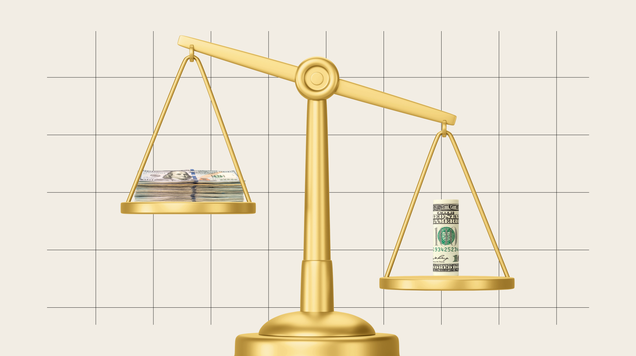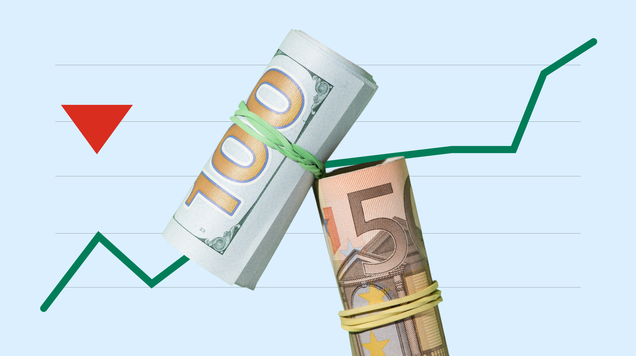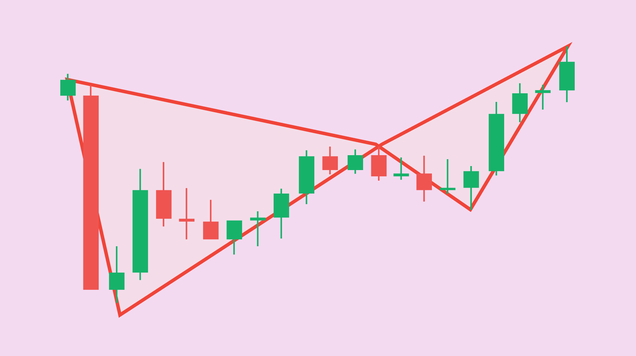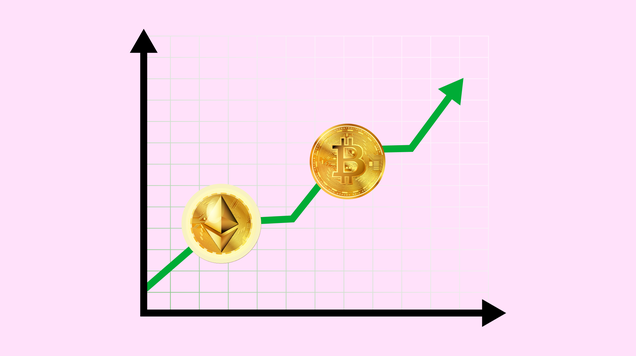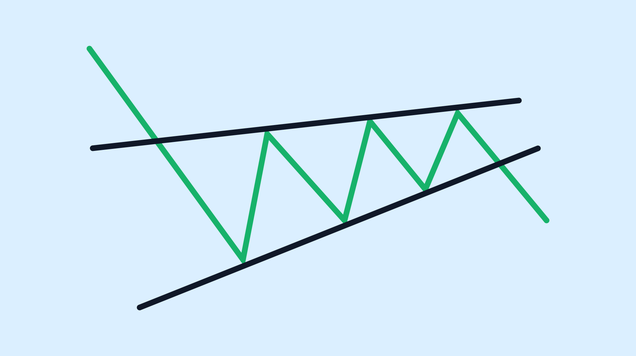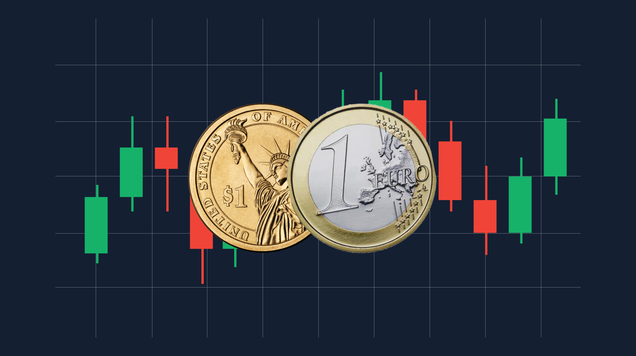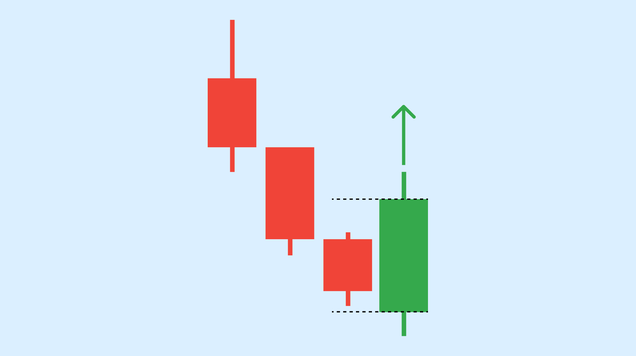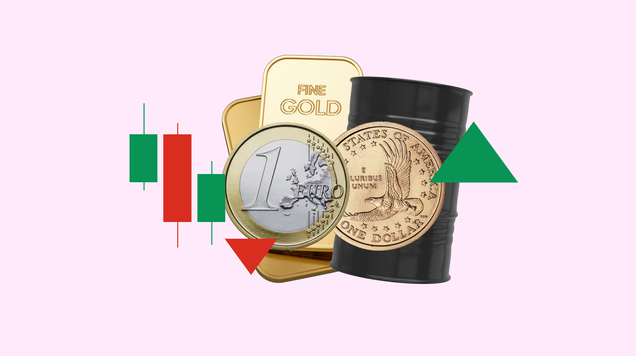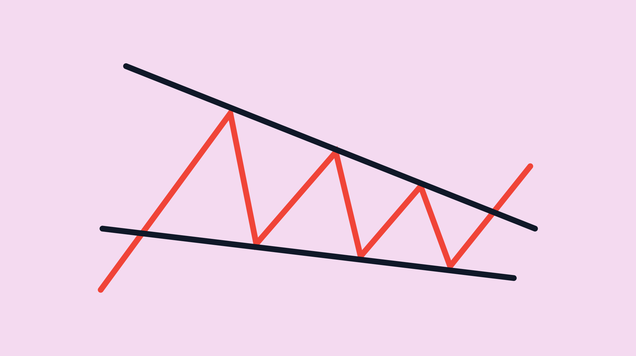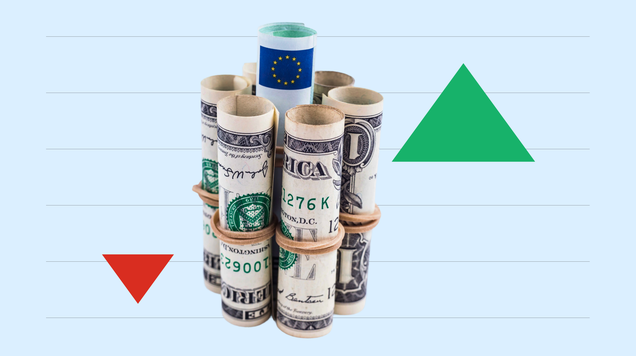Trading psychology and how emotions sway your decisions
Traders blame their strategy when things go wrong, change indicators, switch timeframes, or jump to a new method. But the truth is much simpler on the same hand, much harder to accept.
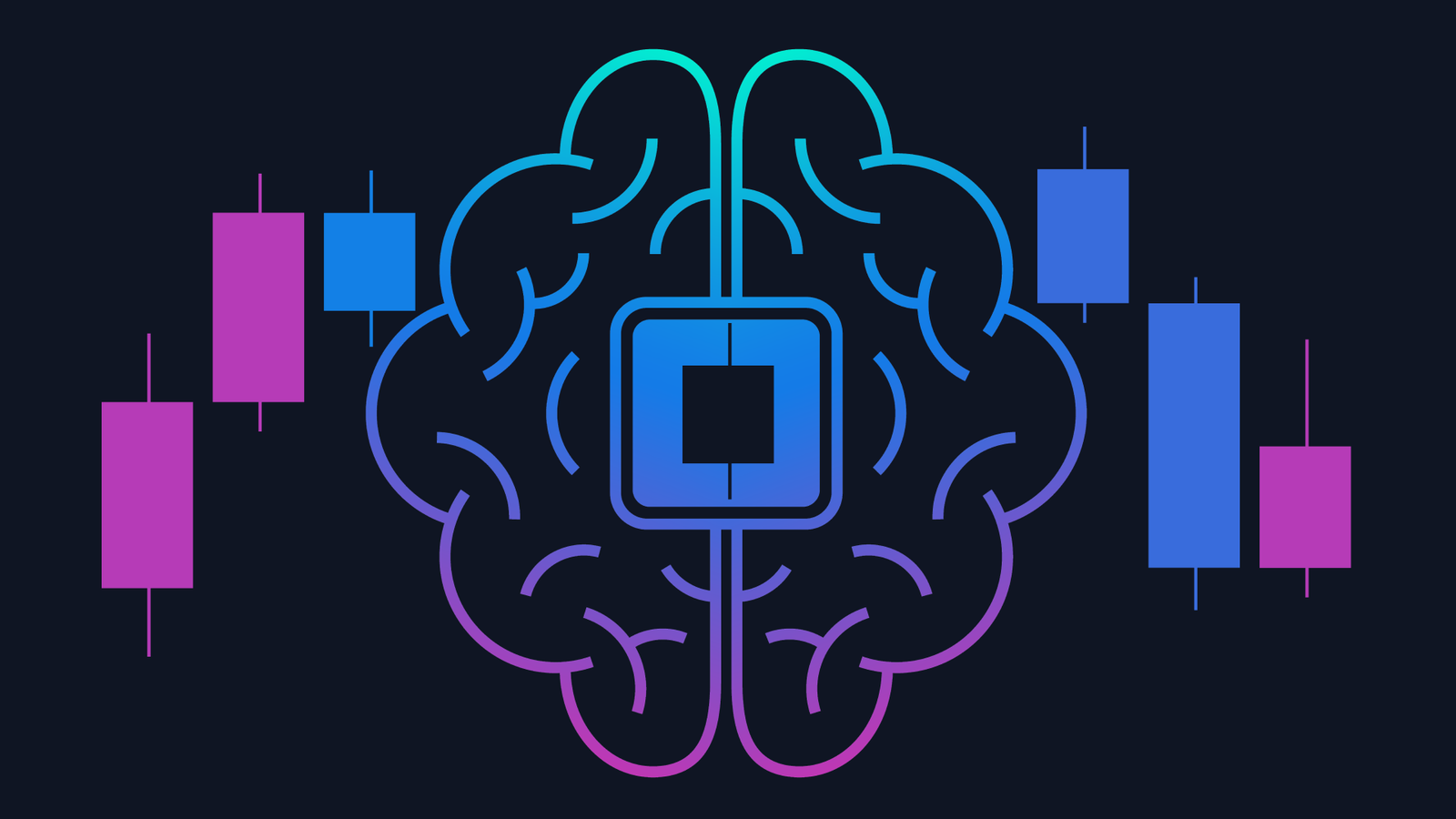
Copy another trader style to avoid being wrong.
Difference between beginner and professional is not the knowledge but how to control their emotions.
Your emotions are placing the trade before you do.
Escaping responsibility for losing trades
Every beginner trader, when he can’t control his emotions, starts to copy openly or secretly, tries to walk in the footsteps of another trader.
They copy their rules, chase their style, and somehow convince themselves that repeating someone else’s path will lead them to the same results. The truth that I discovered is you will never achieve consistent results until you accept that every outcome in your trading is your responsibility, and your emotions are your responsibility. Very few people reach this level of ownership before deciding to become traders, and that’s why most struggle for far longer than they should. If you’re still new to the market, you must choose carefully who you listen to. Popular phrases like “market maker manipulation” or blaming the charts for “traps” have become excuses nothing more than a comfortable place for losing traders to hang their mistakes that came from not controlling their emotions. When you trade without a clear plan, without defined boundaries, and with unlimited variables floating in your head, it becomes extremely easy to take credit for winning trades (“because I used a certain method”), while escaping responsibility for losing trades (“because of something unknown in the market”).
Emotional neutrality is what opens the door to consistency
All emotions problems start from refusing to accept a small loss, only to watch it grow into a much bigger one, closing a winning trade too early because you were afraid it might reverse, watching a profitable position turn into a losing one because you didn’t secure any profits, Moving your stop loss to break-even, getting stopped out, and then watching the market continue exactly where you expected. These aren’t market problems. The market is neutral; it simply moves and produces information. That information gives every one of us the same opportunity to act. The market doesn’t control how you interpret that information. You do. Your mistakes come from something much deeper, your behaviors, beliefs, and emotional responses to uncertainty. Faulty behavior fuels fear, fear destroys flexibility, and without mental flexibility, you cannot act objectively only emotionally. The real difference between a professional trader and a beginner isn’t knowledge, indicators, or technical tools. The difference is that professionals have developed behaviors and mental habits that allow them to engage with the market as it is, not as they wish it would be. They’re not afraid of the market anymore, because they’ve trained themselves to trust their process, respect risk, and stay emotionally neutral. And that emotional neutrality is what opens the door to consistency.
Simplicity creates mental clarity and clarity kills fear
Traders think they are the ones clicking the buy and sell buttons.
But it’s their fear, greed, hope, or revenge that enters the trade first.
By the time your finger touches the mouse, the decision has already been made emotionally not logically. And keeps traders stuck in the same cycle: You’re not trading your setup; you’re trading your feelings about the setup. I remember personally having this problem in 2017 and I started working on it by not removing emotions that’s impossible, but by reducing their power over my actions through structure. I started with rule to write my entry, exit, and invalidation clearly. If the trade I see isn’t in the plan, it isn’t a trade. I Decided the maximum acceptable loss before entering the trade, because if I know exactly what I can lose, emotions have much less room to negotiate with my brain.
I put something called “Score” 3 main types of technical analysis I want to use, because too many indicators will make too many opinions that will lead to more noise.
More noise = more emotion.
Simplicity creates mental clarity and clarity kills fear.
